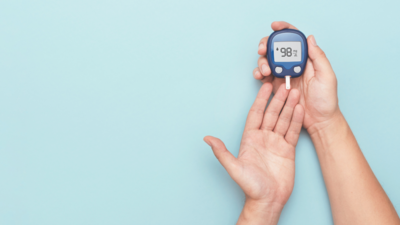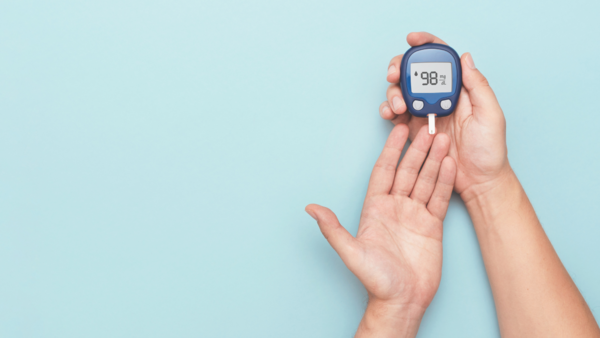
Maintaining healthy blood sugar levels is vital for overall well-being, as elevated levels can indicate diabetes or prediabetes. Over time, unchecked high blood sugar may cause heart disease, kidney damage, and nerve problems. Recognizing early signs such as fatigue, thirst, blurred vision, slow healing, and unexplained weight loss is crucial for timely intervention and management.
Keeping blood sugar in check is crucial for health and overall well-being. High blood sugar, or hyperglycemia, is a key indicator of diabetes and prediabetes, which affects millions worldwide.
If left untreated, high blood sugar can lead to serious health complications, including heart disease, kidney damage, and nerve issues. Which is why recognizing the early warning signs is crucial. Here are five common signs of high blood sugar that people often dismiss as everyday illnesses. What is high blood sugar

High blood sugar, also known as hyperglycaemia, is a condition where the level of sugar in the blood is too high. This condition majorly affects people with diabetes and can be serious if not treated.
Let’s take a look at crucial signs of high blood sugar.Feeling weak or tired

Fatigue is often dismissed as exhaustion or lack of rest. However, persistent fatigue is alarming. Feeling unusually tired, even after adequate rest, is a sign of high blood sugar. This happens when the blood glucose levels are elevated. When the glucose levels rise, the body finds it hard to convert sugar into energy efficiently. Due to this, one may feel sluggish or drained.
If you are often exhausted, even after proper rest, good nutrition, and a healthy lifestyle, it may be time to check your blood sugar levels.Feeling thirsty

Yes, that’s right. Feeling excessive thirst and wanting to run to the toilet to pee are classic signs of high blood sugar. These signs are often dismissed as normal or fluctuations in life, such as hot weather or caffeine intake. But this is a crucial sign of high blood sugar.
When the glucose levels go up, it forces the kidneys to work harder to filter and excrete excess sugar. This can lead to frequent urination, which results in dehydration and triggers thirst.
Blurred vision

Vision changes are a sign of high blood sugar. If you notice vision changes such as blurriness or difficulty focusing, it is important to get your blood sugar levels checked. When the glucose levels spike, it can cause fluid shifts in the eyes, affecting the lenses.
This condition can even lead to temporary vision problems.Slow healing If your cuts, scrapes, or bruises take longer than usual to heal, checking your blood sugar levels may help. Glucose level spikes can affect blood circulation. This can weaken the immune system. As a result, the body’s ability to repair tissue may slow down.
Indian-Origin Nasa Doctor Set For His International Space Station Mission | Watch
Weight loss

Losing weight even without trying is a red flag. If you are eating normally and yet losing weight, get your blood sugar levels checked. This could happen when the body can’t use glucose for energy due to insulin issues, and it starts breaking down fat and muscle for fuel. As a result, it could lead to sudden, noticeable weight loss.

 10 hours ago
64
10 hours ago
64




























 English (US)
English (US)